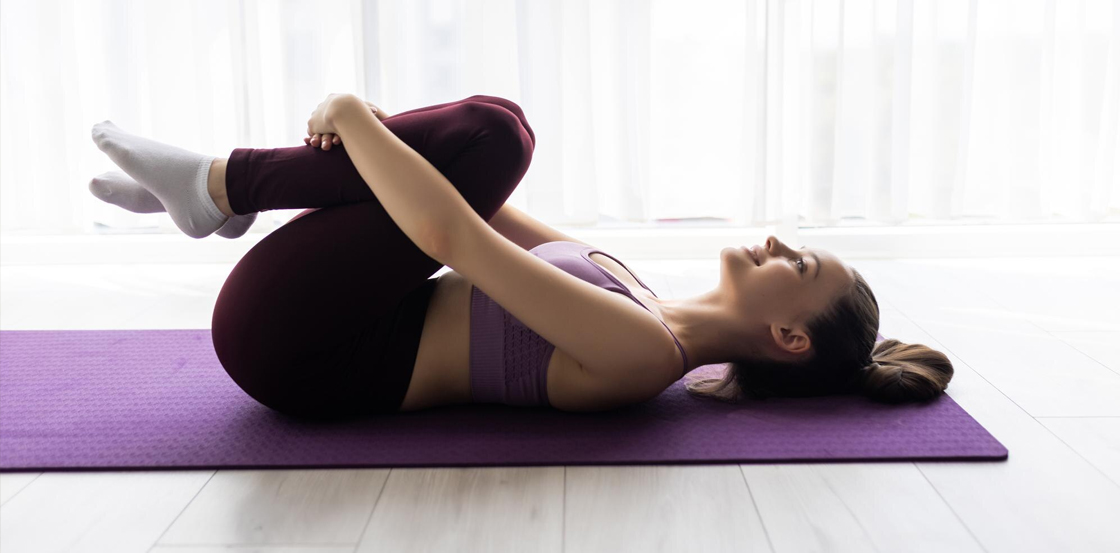Post link copied to clipboard!

Menstrual health holds paramount importance in a woman’s overall well-being. And it’s quintessential learning all avenues that can contribute to its improvement. One such avenue that often goes underestimated is the role of exercise. In this article, we shall explore the profound influence of consistent physical activity on menstrual health.
Exercise plays a crucial role in regulating hormonal balance within the body. When you engage in regular physical activity, your body releases endorphins, often called “happy” hormones. These endorphins can help alleviate the discomfort and mood swings that often accompany menstruation.
Exercise promotes better blood circulation, which can reduce the severity of menstrual cramps. Improved circulation helps oxygen reach the muscles more efficiently, easing tension and discomfort.
Yoga is an excellent option for women seeking relief from menstrual discomfort without overexerting themselves. The gentle stretches and calming poses in yoga can alleviate muscle tension and cramps. Certain poses, such as the Child’s Pose and the Cat-Cow Pose, are particularly effective in relieving lower back pain, which is common during menstruation.
Cardiovascular exercises like brisk walking, jogging, or cycling can positively impact menstrual health. These activities stimulate the release of endorphins and enhance your mood. It also acts as a natural pain reliever.
Exercise also plays a pivotal role in maintaining hormonal balance. Regular physical activity can help regulate hormones such as estrogen and progesterone, leading to more predictable menstrual cycles. It is particularly beneficial for women who experience irregular periods.
While exercise can be highly beneficial for menstrual health, listen to your body and make appropriate adjustments during your period. Here are some tips to keep in mind:
Exercise offers a natural and effective way to manage menstrual health. Regular physical activity can alleviate pain, regulate hormones, and enhance well-being. Whether you prefer the gentleness of yoga or the effects of cardiovascular workouts, incorporating exercise into your routine can make a tremendous difference in how you experience your menstrual cycle.
Always consult a gynaecologist before starting a new exercise regimen, especially if you have underlying health conditions. You can embrace a healthier and more comfortable menstrual journey with the right balance of exercise and self-care.